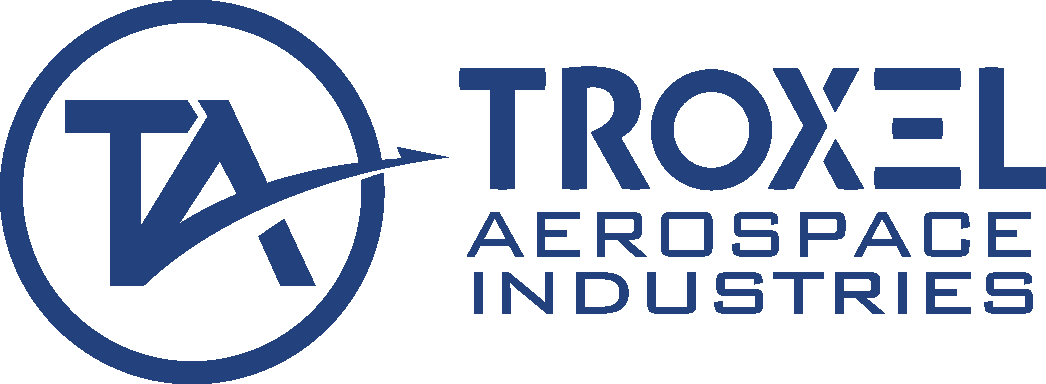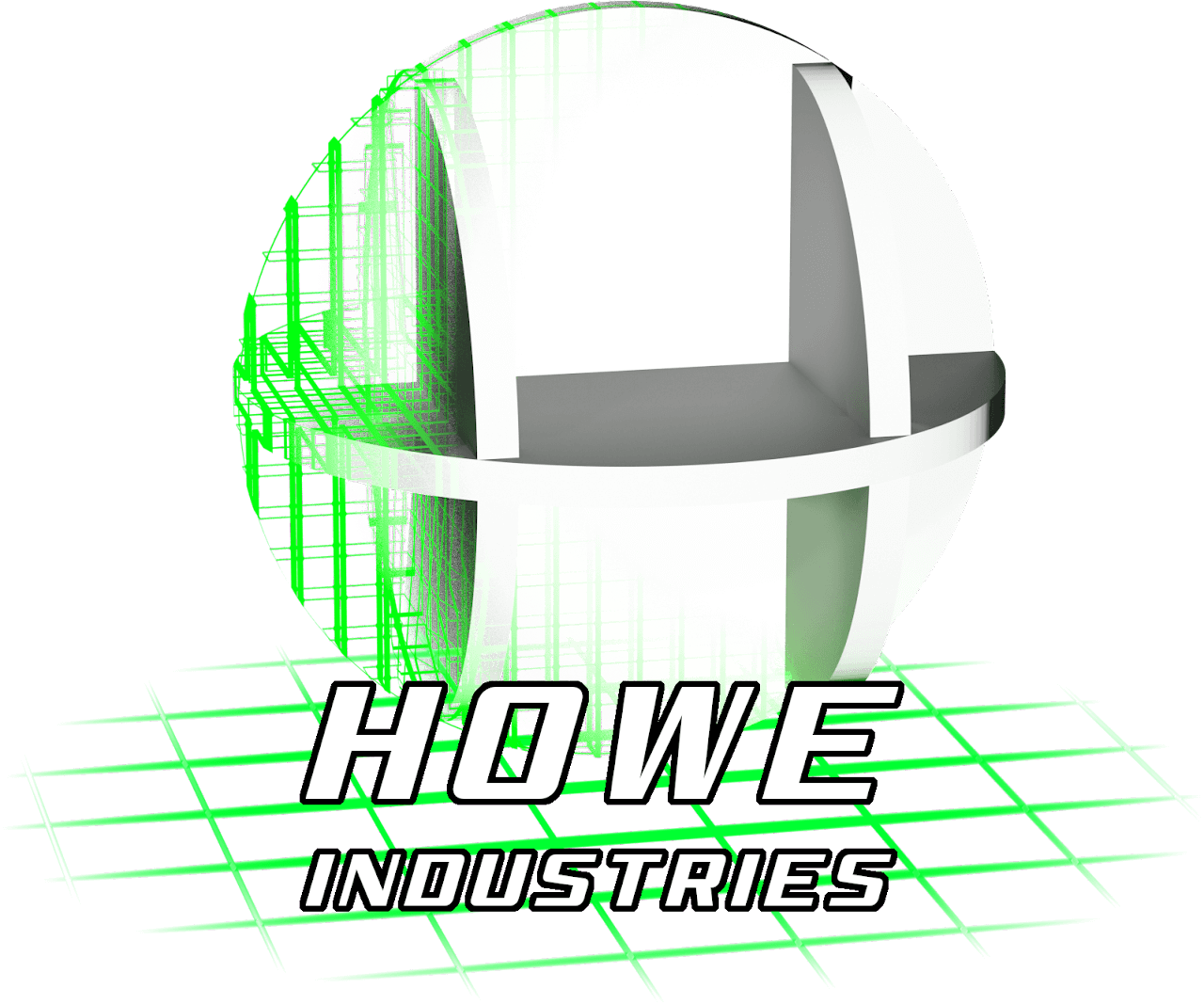Partners
The ASTROBi Foundation is supporting research into the origins of life via a gift to the Martinez Group in the Department of Chemistry at Stanford University and the PULSE Institute at SLAC National Accelerator Lab.
The Martinez Group is using their nano-reactor quantum chemistry system to discover reactions that may have led to a primordial metabolism that powered the first life on Earth. These investigations may also offer guidance for how to detect signs of life in faraway places such as Enceladus, Europa, or other icy bodies in the solar system.
The Department of Aerospace Engineering Sciences at Colorado University Boulder provides students the highest quality education in aerospace engineering sciences, emphasizing hands-on learning, and conducts fundamental, applied, and interdisciplinary research to meet societal needs through analysis, design, and implementation of aerospace systems, leveraging synergies between aerospace engineering and related sciences. ASTROBi has worked with their Senior Design Program on two projects that are part of our Enceladus mission feasibility study: 1) a holographic microscope for life detection, and 2) an acoustic sensor for characterizing ice plumes during plume flythroughs.
The Nadeau Lab at Portland State University is an interdisciplinary laboratory in the Department of Physics, part of the Environmental Extremes Cluster. They specialize in optical instrument development, software, nanomaterials, and basic microbiology with the goal of finding microorganisms in extreme environments on Earth and beyond. ASTROBi is working with the Nadeau Lab at PSU to develop a plume sample collection apparatus for missions to icy worlds, with a specific focus on bacterial survival through the flash freezing and collection process.
RadMet specializes in gamma-ray spectrometry and performs research into aerosol physics and related applications. ASTROBi is working with RadMet to understand the physics of micron-scale ice particle collisions. This work will help us design efficient ice particle collectors for deep-space missions to icy worlds, such as Enceladus.
Advanced Space, a leading commercial space solutions company, supports the sustainable exploration, development, and settlement of space. Advanced Space has vast expertise in the aerospace industry, optimizing, automating, and accelerating space missions with an emphasis on flight dynamics, technology development, and rapid turn-key missions. ASTROBi is working with Advanced Space on two studies. One study is focused on reducing the cost of the ground system required for a mission to Enceladus, and the other study is focused on modeling a multi-body trajectory and navigation to reach Enceladus. These studies are critical to ensuring the affordability of the mission.
Troxel Aerospace Industries is dedicated to developing innovative technology and providing exceptional engineering services to advance space-based remote sensing, communications, and autonomous vehicle operations. ASTROBi is working with Troxel Aerospace to evaluate the effects of the deep-space radiation environment on spacecraft electronics. This work is a critical part of an ongoing life-detection mission feasibility study at ASTROBi.






